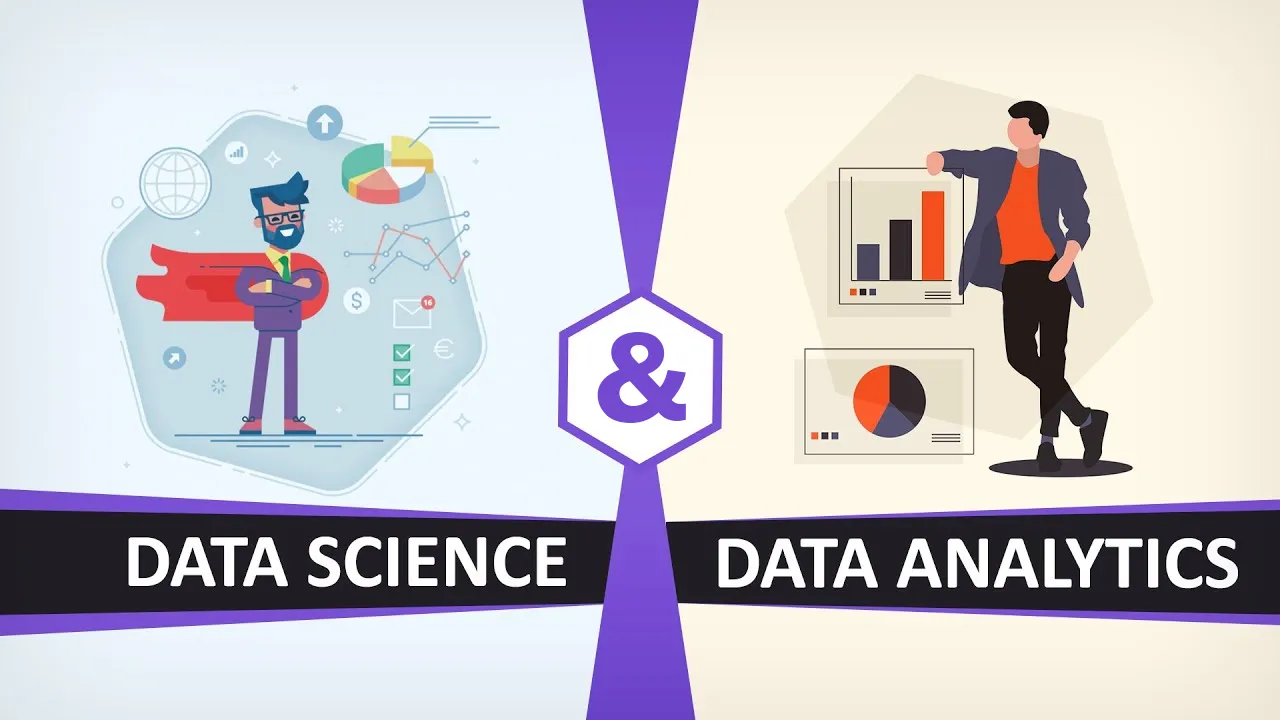Fuelled by big data and AI, demand for data analytics and data science skills is growing exponentially, according to job sites. As companies are searching for approaches to harness the power of Big Data, technology professionals who are experts in data analytics and data science are in high demand. The supply of skilled applicants, however, is growing at a slower pace which makes these sorts of jobs great for career changers.
In this blog post, I will assume that you are not straight out of high school, but either already have a university degree (not in computer science or statistics) and/or have already worked for several years and are now considering how to become a qualified data analyst or scientist. There are, of course, many factors to consider when deciding how to enhance your current skillset like previous experience, financial resources, and how much time you want to invest into this, and my intention is to outline the pros and cons of the most common ways to upskill: a university degree, a crash-course (like a Summer School), and online courses of various types.
I am currently a teaching fellow at University College London in the Computer Science department, have taught a Summer School in Data Science in the past, and did a lot of self-learning because my Bachelor’s degree was in Law, so I believe I can give a good overview of the pros and cons on all of the above.
Master’s degree in data science, machine learning or data analytics
**Cons: **The main drawback of university degrees (in the UK) is, obviously, the cost. If you are considering studying full time, you do not just need to cover the tuition fees but also living costs for a whole year. A second problem is the fact that it is application based and you might not be accepted for the programme that you are interested in. In order to do a Master’s degree in data science or machine learning, you need to have a Bachelor’s degree in a quantitative subject. So, unless you have studied maths, engineering, economics, or finance, you will not be eligible for such a Master’s programme and will have to do a conversion course first (MSc in Computer Science). For someone, who has no background in computer science, but has the financial resources and the time, I can highly recommend doing a conversion course, as I did back in 2015, after finishing my Bachelor’s degree in Law. But this is, for now, out of the scope of this article.
Another con is that by the end of the degree you might not necessarily have a portfolio of different projects which you could show to potential employers. The courseworks often do not reflect real business problems and your Master thesis might be more on the academic, “researchy” side.
Pros: If you have the necessary quantitative background and the financial resources (or access to a student loan) then doing a Master’s in data science, machine learning, data analytics, or something more specialised like financial computing, definitely has its benefits: you will have access to a variety of modules as part of a structured course, meet leading academics in the field, meet interesting people and make new friends and (hopefully, in a post-COVID-19 world) experience student life.
#data-analytics #upskilling #training #data-analysis #data-science #data science & data analytics
